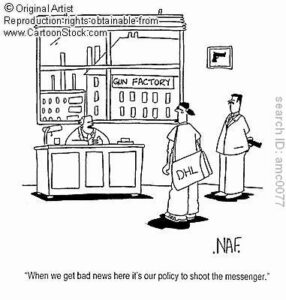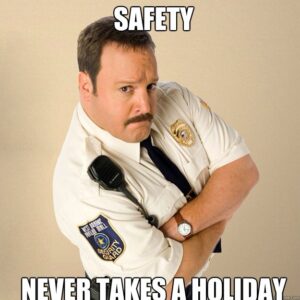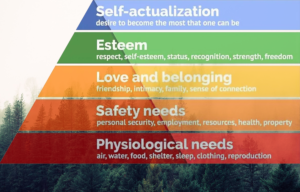
Career progression is key to attracting and retaining top talent in any organization. In the Kenyan Civil Service, the government has gone to the extent of establishing guidelines to ensure equitable promotions based on performance, experience and academic qualifications. In the private sector these listed variables are also considered when opportunities for promotions arise. However, if this is the case, why aren’t there any top performing Safety Managers rising to the role of CEO?
Let us start by looking at some requirements in recent advertisements for a Safety Manager and a CEO respectively.
Safety Manager’s Job Responsibilities;
- Stewardship of Health and Safety Management System towards ensuring flawless business operations.
- Implementation of the annual high-level Health and Safety Plan ensuring 100% delivery in role-related functions.
- Assist stakeholders in the planning and execution of events to assure the highest standards of safety.
- Provide counsel concerning compliance requirements to employees, contractors, visitors and other persons directly involved in function-related operations.
- Maintain a strong field presence ensuring that all function-related business operations comply with OSH laws and regulations.
- Coordinate related functions, Senior Management tours, engagement activities and reporting
- Coordinate the contractor safety management process within the role-related activities.
The CEO is the highest-ranking executive in a company. Some of the key duties include:
- Act as the figurative head of the organization when communicating with shareholders, government entities and the general public.
- Lead the development of the organization’s long- and short-term strategies.
- Manage overall operations and make major decisions affecting the organization.
- Manage the organization’s resources.
- Negotiate or approve agreements and contracts for the organization.
Looking at some of the roles, I believe the skills acquired by a Safety Manager will enable him/her to perform the listed duties of a CEO, on paper at least.
Why then are there no Safety Managers in Kenya rising to the rank of CEO? Could it be linked to our lack of fashion sense, perhaps…

Indulge me as I unpack a few reasons of what I believe could be contributing to the stagnation of Safety Managers.

First, a Safety Manager reports on safety incidences which resulted in either a Death, Injury or Loss of Property. Therefore, their moments in the limelight are usually to convey bad news. It is only human nature to associate the news bearer with the news relayed, the phrase “shooting the messenger” captures this best.
Another factor would be the prevailing organizational safety culture. A large majority of companies are more of compliant rather than committed to safety. This makes the safety manager find him/herself playing the role of an enforcer. As a result their appeal as the preferred candidate to be CEO is affected as enforcers are seen as followers and not leaders.

Also, the decisions Safety Managers make are usually based on life or death with little to no room for popular opinion. This presents one in an unfavourable light which might not represent the type of image the organisation wishes to portray.

In some organisations, the Safety Manager’s success can be their undoing. One’s role might come into question as there are no accidents that occur on site. I know of Safety Managers who have been asked if there is a need for their role as there are no accidents in the workplace for extended periods. An example of lack of evidence being taken as evidence of absence. This places a safety manager’s role to be seen as one that does not add much value.
Lastly, most safety programs are highlighted under expenses in which there is no direct income generated from these activities. It is for this reason that in some companies, cost cutting measures always touch on safety as the priority is primarily on the core business. This confirms Marslow’s law that our most basic need is for survival, and this will be the first thing that motivates our behaviour. Therefore whoever is seen to drive the financial survival agenda is the one most likely to be CEO.

In my opinion, the safety culture of organisations and the public as a whole needs to move from compliance to commitment before safety practitioners can get the prominence they deserve. Only then will we witness a Safety Manager rising to the rank of CEO.
I’d like to conclude with the following questions to you my valued reader;
- If you are a Safety Manager, do you harbour any ambitions to be CEO? What hurdles are preventing you from climbing the corporate ladder?
- As a CEO, would you consider nominating the Safety Manager as your successor?
- As a shareholder of a publicly traded company, would you support the appointment of a Safety Manager as CEO?
Please place your answers and views on the comment section below.
References
Safaricom. (2021, May 24). Safety Manager (Commercial & Regional Operations) at Safaricom Kenya.
Retrieved from JobWeb Kenya: https://jobwebkenya.com/jobs/safety-manager-commercial-regional-operations-safaricom-kenya/?utm_campaign=google_jobs_apply&utm_source=google_jobs_apply&utm_medium=organic

